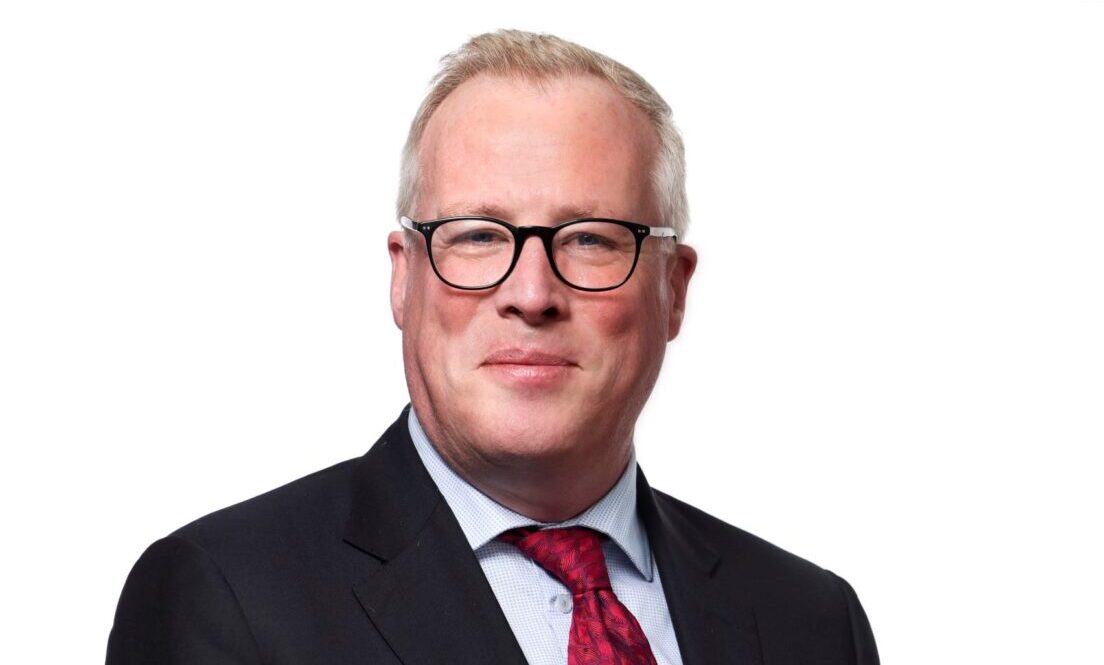Letter from Brussels

Following the hectic year of elections and changes in the European Commission in 2024, sleeves are rolled up and it is time for the EU institutions to get back to work. This time last year, farmer anger was brewing across Europe. It forced the EU Commission into rowing back on some of the harsher measures in CAP.
And while it only seems like a short while ago that the latest CAP reformed cranked into action, already the wheels are turning on the next CAP post 2027. With continuing global unrest, the Ukraine war, migration tensions and cost of living crises, the pressure on the EUs budget has never been greater. And this is worrying from a farming perspective. Later this year the EU will agree on what is called the Multiannual financial framework which essentially is the budget for the EU going forward which includes food supports.
Let’s remind ourselves of the fundamental aim of the CAP which is a partnership between agriculture and society, and between Europe and its farmers. It aims to: support farmers and improve agricultural productivity, ensuring a stable supply of affordable food; safeguard European Union farmers to make a reasonable living; help tackle climate change; maintain rural areas and landscapes and keep the rural economy alive by promoting jobs in farming, agri-food industries and associated sectors. But is it fit for purpose?
The funding of the Common Agricultural Policy from 2027 onwards and towards the further enlargement of the EU in the mid-2030s is the big conundrum. Eurosceptic right-wing parties are growing in Europe as evidenced by recent national and European election results. So, they are not terribly interested in resourcing Brussels any further. At the same time, they claim to support farmers. But if they are not prepared to agree on funding the CAP, then smaller farmers will suffer most as they currently benefit most from the CAP structures.
Then there is convergence. Farmers in eastern Europe who joined the EU 20 years ago continue to push for more external convergence so that they are on parity with older member states. And of course, the big-ticket item is Climate Change. In the moulding of the new CAP, more emphasis will be placed on linking payments to green measures. It has already led to calls for a separate budget completely. But again, where is that money going to come from?
What sometimes gets lost in the polarising debate about farming subsidies is that consumers benefit most. Affordable food produced to the highest of standards is the result of properly funding the Common Agricultural Policy. It can’t be emphasised enough as we enter very choppy waters in the run up to crafting the next policy. You will be hearing lots of CAP talk in 2025.
Note: Letter from Brussels is published in the Irish Farmers Monthly magazine